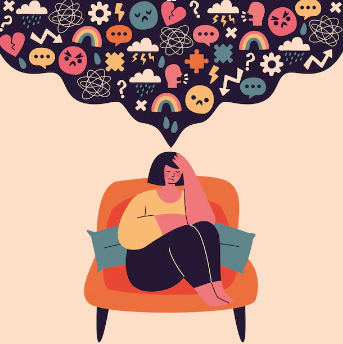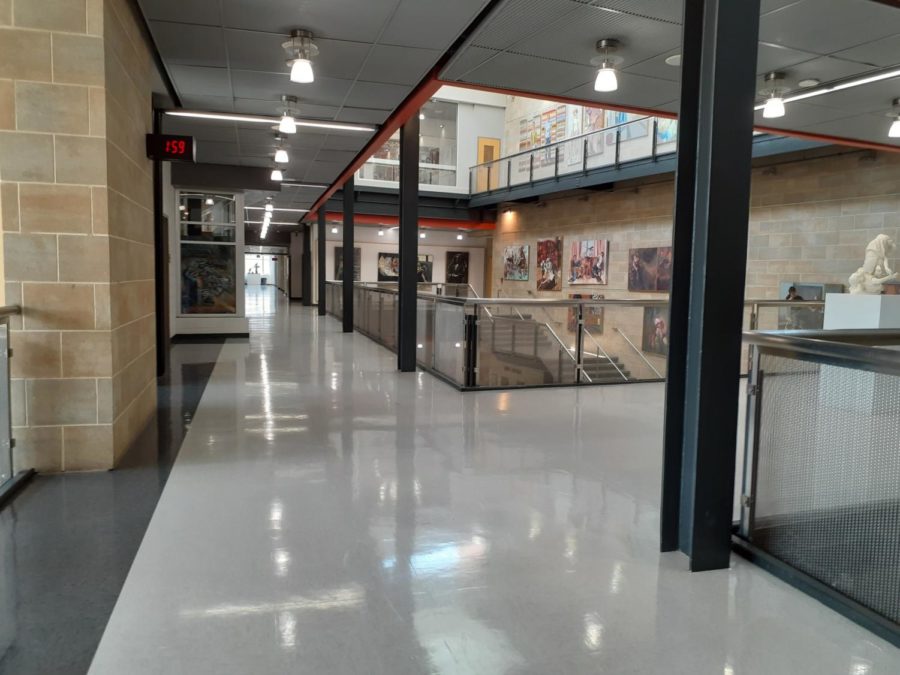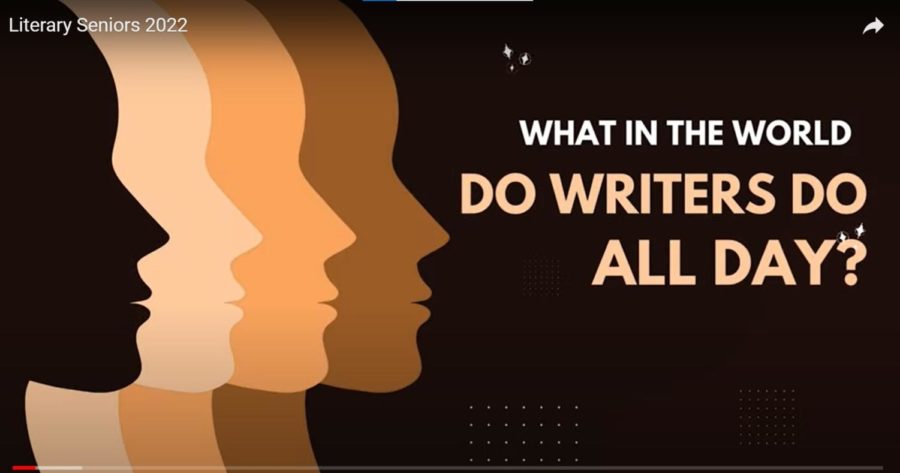As Carver students, we’re all curious and anxious about what we’ll decide to do in our future, whether we want to go into the industry of our prime or decide to do something completely different. Our experiences in our prime can either fuel or drain our love for our passions/talents and that, along with planning for our future and the regular stresses and demands of schoolwork, can leave us kind of clueless about what we’re doing, or make us lack confidence in our art and our abilities. You might wonder how some of the previous students got through it. Did they experience the same doubts and issues in the program as we do now? How have their experiences here affected their lives as writers/artists and where has it led them?
Imoni Spence was a student in the Literary Arts program here at Carver back when it was in “the old building,” before it was renovated. She grew up in a family of readers; her mother and father wrote books so she naturally developed an interest in writing. When she applied to Carver in the tenth grade, it was mostly just to avoid going to her zone school–as I’m sure many of us can relate to–and to be able to go to a better public school.
When she got into Carver, she was in a very small class of only nine girls (as literary is mostly girls), and only one teacher who taught all the core classes: Literary forms, Foundations, Poetry, Playwriting, Screenwriting, Fiction. The environment may have been tense at times due to the small class size, but overall her experience met her expectations.
“I thought it was especially good that we were taken seriously as artists,” she says. “We were considered ‘working artists.’” Through the program, she was able to be more realistic and critical about her writing. This continued to aid her while writing essays in college, especially compared to her peers because, on average, people “do not know how to write.” And also now, working as a Student Sources Librarian in University of Houston and helping people write scholarly articles, what she learned in the program helps her be able to, as she says, “infuse a narrative quality” into her professional work now.
Spence’s time in the literary program also helped her learn how to deal with criticism and rejection with her creative work. She recalls the rule in class that you weren’t allowed to speak or cry during workshops, as well as a time when Ms. Chambers, the scriptwriting seminar teacher, went through a screenplay she wrote and crossed out multiple pages, line by line. But those experiences well-prepared her to be open to criticism and rejection in the future, which is something one is bound to encounter both as a creative person and in life in general. Being able to handle and accept it when someone doesn’t like your work, picking it apart and finding flaws in your piece, and taking that and being able to learn and grow from it, instead of letting it get you down and stunt you is a valuable life skill. “Now if someone’s critiquing me I just, like, take it,” she says.
And although she understands writing as a very “solo endeavor,” she points out that there was so much value in being a part of a community of writers. Writing is a lot of work, and can be very daunting. Ms. Spence remarks, “I like being good at writing, but writing does still scare me, and it still makes me feel, like, anxious.” Having a group of people to just talk about your art with and support each other during such an intensive and solitary process is invaluable.
It’s really important that we don’t take for granted the sense of community we are being exposed to while we’re here at Carver. For example, Spence still remains close with a lot of people from when they were in school together and talks to them frequently, even after having moved out of Baltimore.
As mentioned earlier, Ms. Spence now continues to put her writing skills to use as a librarian. We might not necessarily end up in the field of our prime, but like Ms. Spence, we can use the skills we’re learning to propel us into being successful in an occupation that we enjoy. Even though we don’t have a clear picture of how the future will work out for us, we can still take advantage of the resources we’re being provided now. The programs, the community, the work ethic, the skills we’re being taught–because these resources not only give us a head start in the working world, but they’ll also get harder and harder to find when going off deeper into the independent adult universe.






